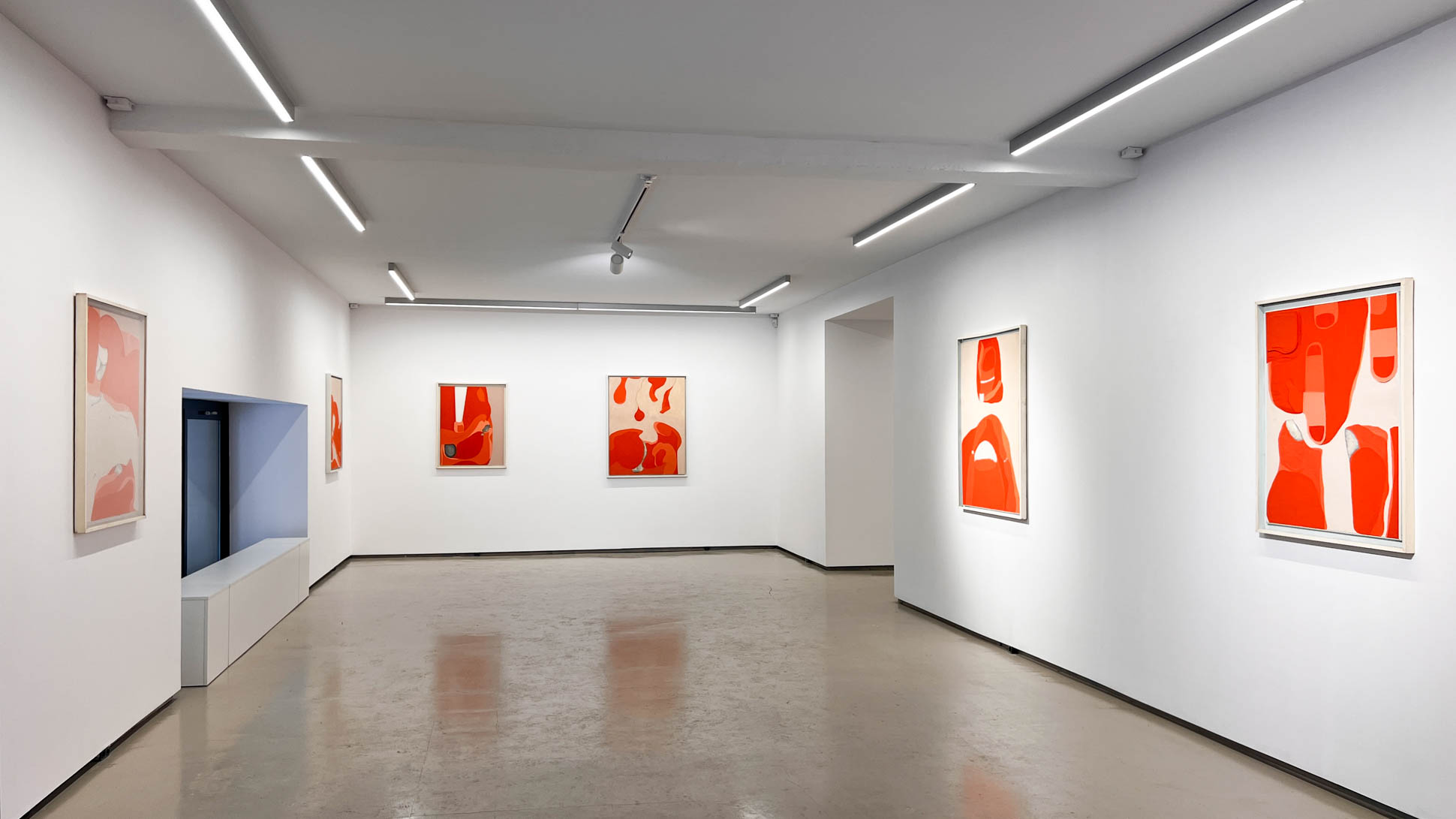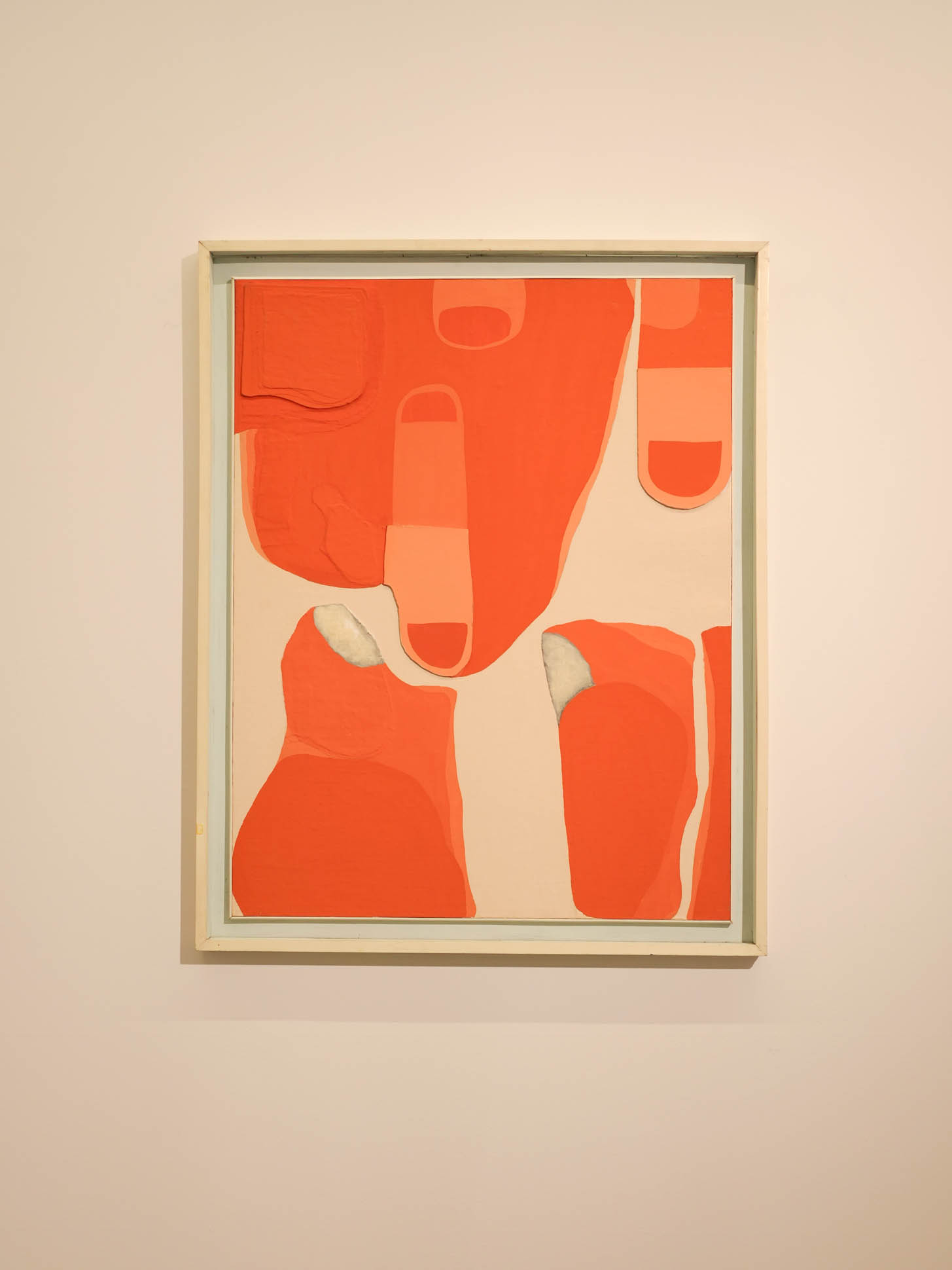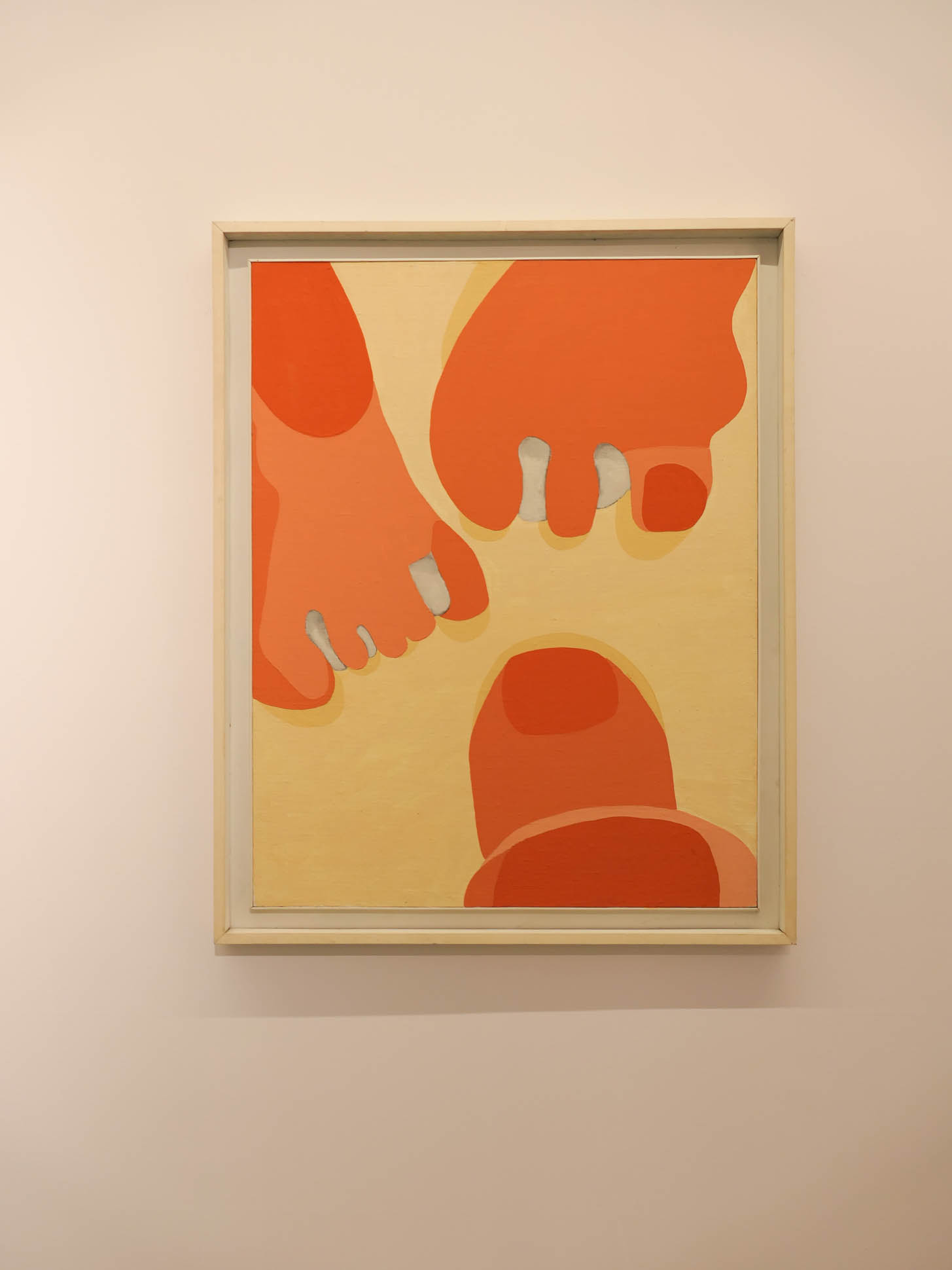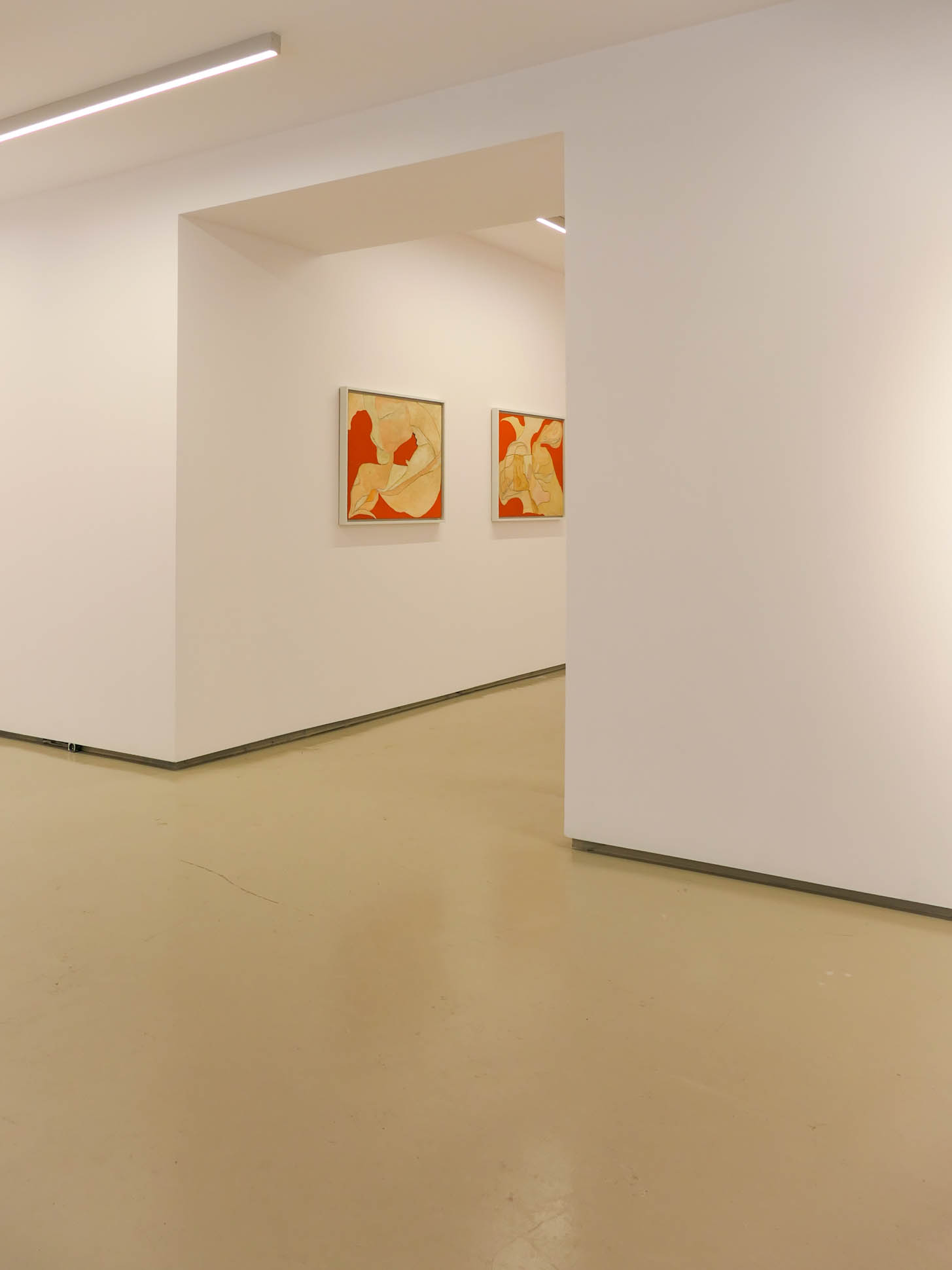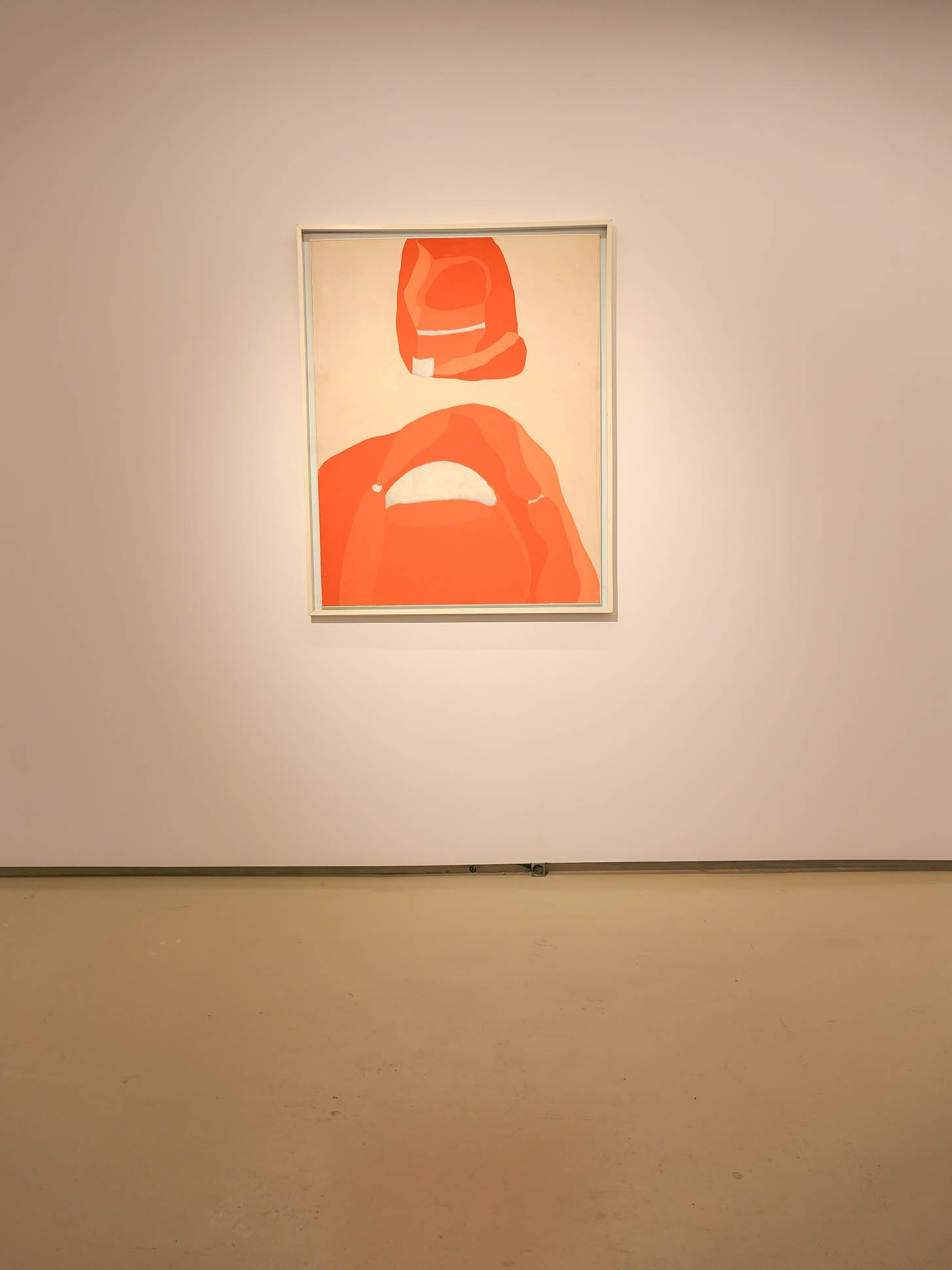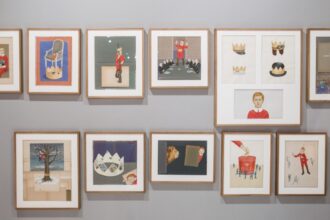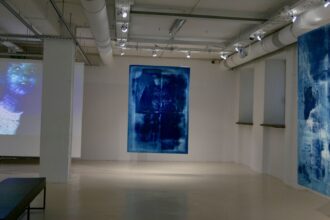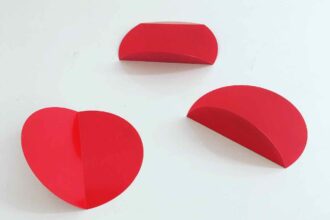Mariuccia Secol. Monopol Gallery Warsaw
Mariuccia Secol (1929) is an Italian artist renowned for her contributions to feminist art and her innovative use of textiles. Born in Castellanza, a town in northern Italy, she began her artistic education under the guidance of Galliano Mazzon, Professor Pasquale Bossi, and Francesco Fedeli.
In the 1950s and 1960s, Secol focused on abstract painting, drawing inspiration from the ancient paintings of the Tuscan catacombs in Cerveteri and Tarquinia. She employed encaustic painting, one of the oldest techniques, using natural beeswax.
In 1964, under the mentorship of Professor Edoardo Balduzzi, Secol led an art workshop in a psychiatric hospital in Varese, later expanding it to include poetry-writing courses. Her work with patients heightened her awareness of psychological and physical violence, social exclusion, and taboos.
After a hiatus from art, Mariuccia Secol returned with a series of abstract sculptures titled “Silent Musical Instruments” (1970). She then created assemblages from domestic objects – aprons, broken plates, and steel scouring pads – forming the series “Instruments of Women’s Roles”(c.1975). Later, inspired by Henrik Ibsen’s “A Doll’s House”, she worked on a series using her own garments, including her wedding dress, which she cut and reassembled into tapestries. From that moment onward, fabric became her primary medium, exploring themes of domestic violence, femicide, abortion, and women’s solidarity.
Secol’s work has been featured in major feminist art exhibitions, such as “The Unexpected Subject: 1978 – Art and Feminism in Italy”at the FM Centre for Contemporary Art in Milan and “Cooking, Cleaning, Caring: Care Work in the Arts Since 1960” at the Joseph Albers Museum Quadrat in Bottrop
In 2025, her exhibition “1968. II Genesi” is presented at Galeria Monopol in Warsaw, marking the first presentation of her work in Poland. This exhibition showcased a series of paintings from 1968-1969, reflecting a pivotal moment in both Italy’s social transformation and Secol’s artistic journey.
Secol’s innovative use of textiles and her commitment to feminist themes have left a lasting impact on contemporary art, highlighting the intersection of personal experience and social activism.
ft/ Kate Zaniewska

